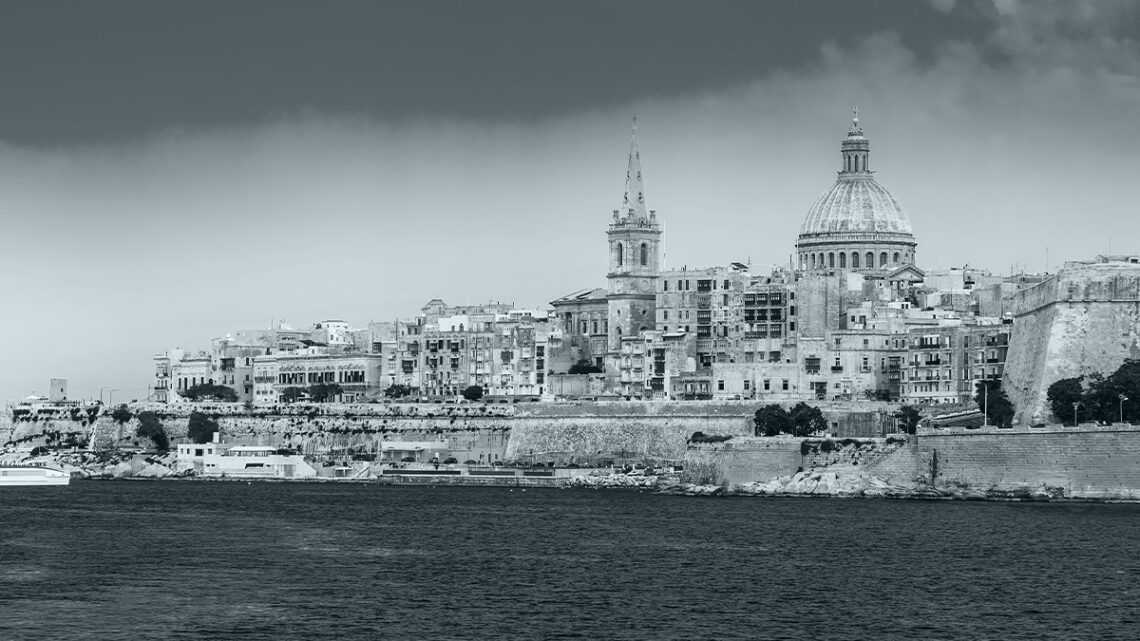
Relocating to a new country with children is a significant life change that involves careful planning and consideration. Malta, an island in the Mediterranean, offers a unique blend of historical richness, vibrant culture, a safe location and a welcoming environment, making it an attractive destination for families. However, relocating to Malta with minors requires attention to several important aspects to ensure a straightforward move.
This article covers the essential considerations for your family!
Legal Requirements and Documentation
Residence Permits
Before relocating, it is crucial to understand the available residence permit options. Citizens of the European Union (EU) and the European Economic Area (EEA) do not need a visa to enter Malta but must apply for a residence permit if they plan to stay longer than three months.
Non-EU citizens, depending on their country of origin, may need a visa to enter Malta and must also apply for a residence permit. The most sought-after option for Non-EU nationals is the Malta Permanent Residence Programme (MPRP) which includes all the family members in one application. It is advisable to contact a local Licensed Agent such as ACC Advisors to assist with your application.
Documentation for Minors
It is important to ensure that minors have a valid passport. Depending on the country of origin, additional documents such as birth certificates and custody papers (if applicable) may be required. All documentation submitted for residence application in Malta need to be translated into English.
Education
School Enrolment
Malta boasts a robust educational system with public, church, private, and international schools. Public schools follow the Maltese curriculum and instruction is primarily in English and Maltese. Private and international schools offer various curricula and most lessons are conducted in English.
Below one can find a list of private schools and universities in Malta:
Schools
- Chiswick House School – https://www.chs.edu.mt/
- QSI International School of Malta – https://malta.qsi.org/
- San Andrea School – https://www.sanandrea.edu.mt/
- San Anton School – https://www.sananton.edu.mt/
- Saint Edwards College – https://stedwards.edu.mt/
- Verdala International School – https://www.verdala.org/
Universities
- University of Malta – https://www.um.edu.mt/
- American University of Malta – https://aum.edu.mt/
- Barts and the London School of Medicine – https://www.qmul.ac.uk/malta/
Language Considerations
English and Maltese are both official languages of Malta. While English is widely spoken, learning basic Maltese phrases can enrich your family’s experience and help your children integrate better into the local culture and school environment.
If the applicants moving to Malta wish to integrate even more, they can enrol in a Maltese for foreigners course. In addition, international schools often have language support programmes to help non-native English speakers.
Healthcare
Health Insurance
EU/EEA citizens can access public healthcare services in Malta with their European Health Insurance Card (EHIC). Non-EU nationals must have a private health insurance policy unless they work in Malta and contribute to Malta’s national insurance and social security.
Vaccinations
Ensure your child’s vaccinations are up to date according to your home country’s schedule. Malta has a comprehensive vaccination programme, and you may need to show proof of vaccinations for school enrolment.
Housing
Finding a Suitable Home
When looking for a property to buy or rent, consider factors such as the minimum qualifying value depending on the immigration programme chosen, proximity to schools and recreational areas for example playgrounds, kids focused activity centres like Esplora and restaurants with play areas for the kids.
Popular residential areas for expatriate families include Sliema and St. Julians while other families prefer quieter, more central areas like Balzan, Lija, Naxxar and Attard.
Financial Considerations
Cost of Living
The cost of living in Malta is generally comparable to that of other European countries. Everyday expenses, including groceries and dining out are reasonable. Public transport is provided for free for all Maltese residents.
Health insurance costs are relatively affordable especially for minors, while tuition fees for private and international schools can be expensive. Housing costs can vary depending on the location and type of accommodation chosen.
Support Networks
Expat Communities
Malta has a vibrant expatriate community. Joining expat groups, can provide valuable support and advice, helping your family settle in more quickly.
Local Support Services
There are various local organizations and services designed to help families, including family support groups, and child welfare services.
It is always advisable to prepare minors psychologically before the transition to another country actually takes place. If kids are still overwhelmed by the emotional journey associated with the relocation itself, there are many support services offered by various professionals in Malta that help ease the minor’s worries.
Plan of Action
Relocating to Malta with children involves thorough preparation, from securing the necessary residence permits to selecting the right school and integrating into the local community. Malta’s blend of Mediterranean charm, historical depth, and modern amenities makes it a fantastic place for families. By addressing the key areas outlined in this guide, you will be on the right track for a successful shift towards your new life in Malta.
Contact one of our Professional Advisors if you wish to learn more about relocating to Malta. ACC is a licensed agent in Malta and can assist with your relocation. (AKM-ACCA)






